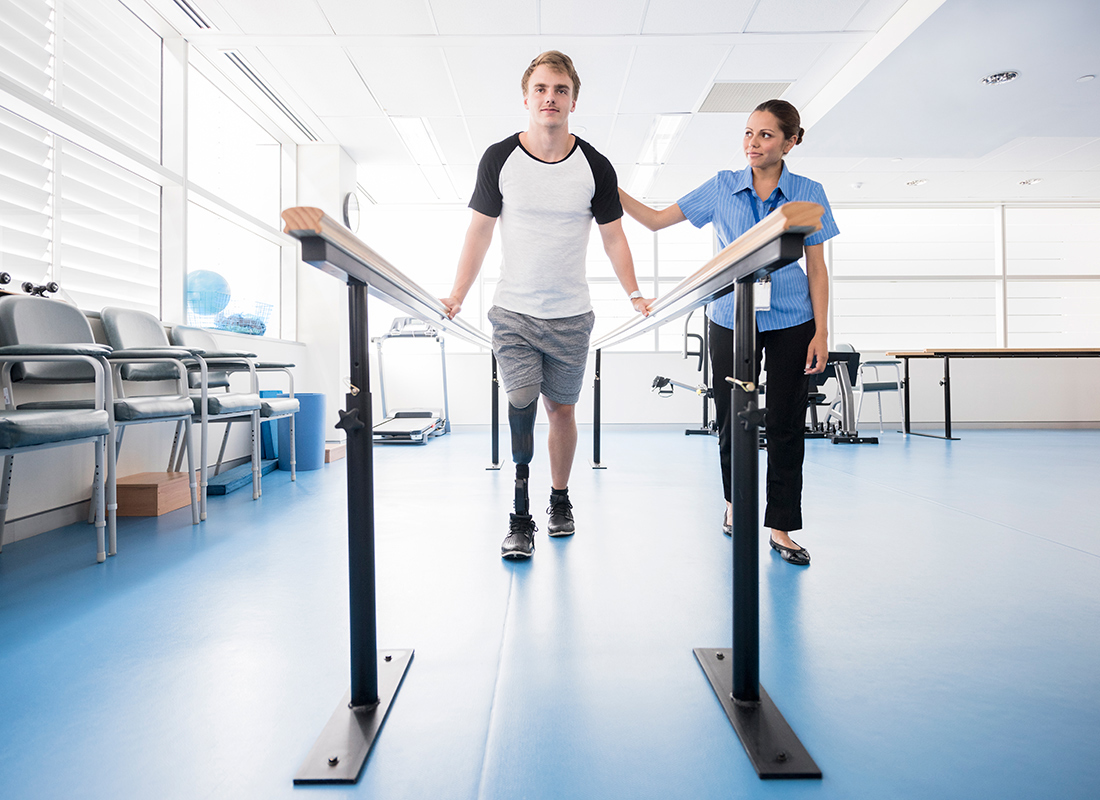The demand for fitness therapy professionals has surged in an era where health and wellness take center stage. Fitness therapy is a dynamic field that encompasses a wide range of careers, each designed to enhance physical well-being and promote a healthy lifestyle. Let’s delve into the diverse and rewarding world of fitness therapy careers.
Physical Therapy (PT)
At the forefront of fitness therapy careers is Physical Therapy. PTs work with individuals who have suffered injuries, undergone surgery, or are managing chronic conditions. These professionals employ a variety of exercises, stretches, and manual therapies to help patients regain mobility, reduce pain, and improve overall physical function.
Occupational Therapy (OT)
While occupational therapy is often associated with rehabilitation, it also plays a crucial role in fitness therapy. Occupational therapists focus on helping individuals participate in daily activities, which, in turn, contributes to their overall fitness. Whether it’s designing adaptive equipment or crafting tailored exercise routines, OTs enhance the quality of life for their clients.
Osteopathy: A Holistic Approach to Wellness
Osteopathy, a distinctive branch of fitness therapy, takes a holistic approach to health by focusing on the interconnected relationship between the musculoskeletal system and overall well-being. Osteopaths, healthcare professionals in this field, employ manual techniques such as manipulation and massage to address imbalances and restrictions in the body. What sets osteopathy apart is its emphasis on a comprehensive assessment that considers lifestyle, environment, and emotional factors. By treating the root causes rather than just symptoms, osteopathy promotes musculoskeletal harmony and contributes to overall physical well-being.
Osteopathy training is comprehensive, encompassing in-depth studies of anatomy, physiology, and pathology, along with extensive hands-on clinical experience. This rigorous education equips osteopaths with the knowledge and skills needed to assess, diagnose, and treat a wide range of musculoskeletal issues, allowing them to provide personalized care that addresses the root causes of discomfort and promotes holistic well-being.
Sports Rehabilitation
Fitness enthusiasts and athletes often turn to sports rehabilitation professionals for specialized care. These therapists work with clients to recover from sports-related injuries, improve performance, and prevent future issues. Sports rehabilitation can be a fulfilling niche for those passionate about both fitness and athletics.
Cardiac Rehabilitation
Individuals recovering from heart-related issues benefit from cardiac rehabilitation programs. Professionals in this field design exercise routines and lifestyle interventions to improve cardiovascular health. Working closely with medical teams, cardiac rehabilitation specialists play a pivotal role in enhancing the well-being of those with heart conditions.
Orthopedic Therapy
Focused on musculoskeletal health, orthopedic therapists assist individuals dealing with conditions affecting bones, muscles, joints, and ligaments. They employ targeted exercises and interventions to manage pain, restore function, and prevent further complications.
Aquatic Therapy
For those seeking a unique approach to fitness therapy, aquatic therapy provides a refreshing alternative. Conducted in a pool, this form of therapy reduces impact on joints while enhancing strength and flexibility. It’s particularly beneficial for individuals with arthritis, joint pain, or mobility issues.
Pilates and Yoga Instruction
While not traditional forms of therapy, Pilates and yoga instructors contribute significantly to fitness therapy. These practices focus on strength, flexibility, and mindfulness, promoting both physical and mental well-being. Instructors guide individuals through movements and poses that cater to various fitness levels and goals.
Strength and Conditioning Coaching
Strength and conditioning coaches work with athletes and fitness enthusiasts to optimize their physical performance. These professionals help clients build strength, improve endurance, and achieve peak fitness levels through personalized training programs.
The field of fitness therapy offers a diverse array of careers, each contributing uniquely to the promotion of health and well-being. Whether through traditional physical therapy, specialized sports rehabilitation, or innovative approaches like aquatic therapy, individuals in these careers play a vital role in fostering a healthier and more active society. As the importance of fitness continues to grow, so too does the demand for skilled and passionate professionals in the dynamic realm of fitness therapy.









